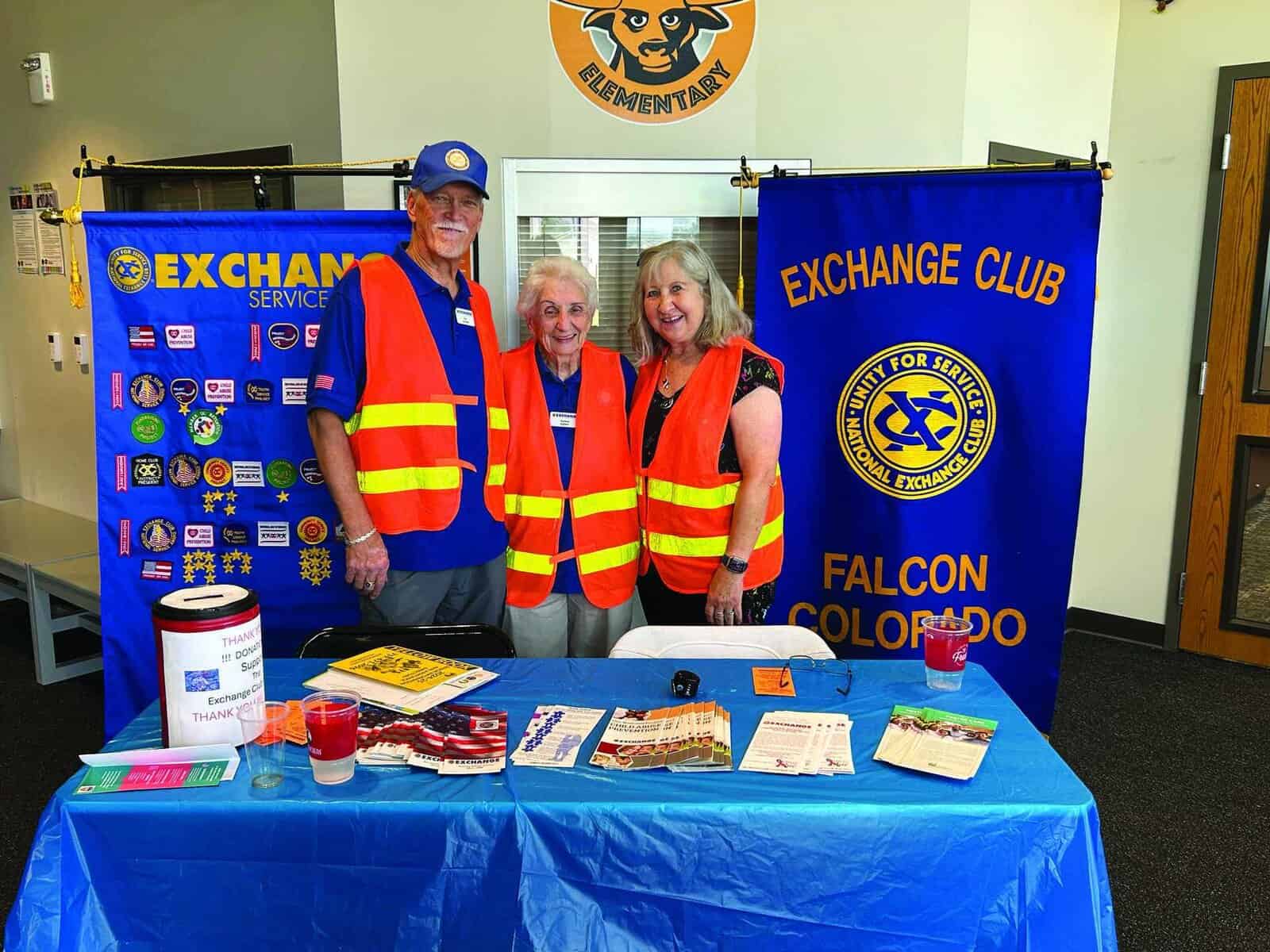Janice Tollini has worked in the health care industry as a clinical psychologist for 15 years. She is now a Talent Management Consultant, and is completing additional graduate training in industrial/organizational psychology. In 2017, she will become certified as an executive coach through the World Coaching Institute. Check out Janiceís website at http://talentworksconsulting.com.
As summer approaches, despite a few winter-like setbacks, we start to think of all the things we need to do, all the things we want to do and all the projects and trips. Our ìto doî list becomes longer than our beach towels. Whatever happened to lazy days on the front porch and Sunday picnics? I am not telling anyone how to spend their summer for maximum enjoyment. I will suggest that we all could learn to slow down, just a smidge, to experience and enjoy all that the summer offers.As part of my professional coaching, one of my primary tasks is to help my clients become more aware of their needs, their feelings, their values and their experiences. To appreciate anything, we must first acknowledge it. It has to enter our awareness. If we were to go to an art museum and run through as fast as we could possibly run, the paintings and sculptures would be but a mere blur, barely recognizable. To truly appreciate them, we would need to walk through at a more leisurely pace and pause for a moment to allow it to register in our brain. To truly appreciate our experience, from the family vacation to the taste of a single hot dog at a picnic, we must slow ourselves down and reject distraction to focus on that experience, that taste and absorb that moment in time.Mindfulness is a popular word today. While mindfulness began as a Buddhist concept and part of meditation and Eastern practice, it has since been applied in a variety of contexts, from the treatment of various mental disorders to success in the business setting. It can also be applied to our everyday life. At its simplest, mindfulness means being fully present and aware of all aspects of yourself. Being mindful is not simply living in the present but a way of concentrating on aspects of the present moment that you normally take for granted. Our brains tend to bombard us at any given time with thoughts from the past and future, but it takes training and discipline to remain focused solely on the present. Being mindful means being fully absorbed in the moment and not allowing distractions to invade and take precedence.What is the point of all this? Practicing mindfulness allows us not only to more deeply enjoy experiences but also to make better decisions in our lives. Needing an example, my experience with horses once again comes into play. If, when riding my horse, who admittedly is a bit hyper-vigilant to potential dragons and monsters in the world around her, I become sidetracked by thoughts of paying my bills or what to prepare for dinner, I may not be aware of changes in her body, which could indicate that I need to take action in the name of self-preservation. (Hang on!) Or, better yet, being aware enough to intervene before the dragon-avoiding explosion occurs, giving me time to communicate to her that I am in charge and she is indeed quite safe.As we learn to be more mindful moments at a time, this awareness then generalizes to all areas of our lives and ourselves. And by this I mean emotionally, physically, mentally and spiritually aware: the core components of our being. Again, I am not advocating for a complete change in lifestyle; whereby, you spend hours at a time in meditative contemplation (although those who do always seem so peaceful and content). I am suggesting, take a moment, literally a minute, throughout your day to ask yourself these things: How do I feel physically right now? What are my emotions right now? What are my thoughts? The answers may surprise you. And they will definitely enlighten you.





